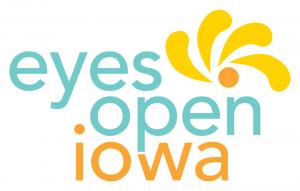Virtual Professional Development is a simulated classroom where teachers can practice teaching student avatars using short scenarios and support from an instructional coach, so they can quickly learn and master the skills they most need to be effective. With upper elementary, middle and high school classrooms, Virtual PD has scenarios for teachers of all grade levels across a wide range of topics aligned with the Professional Learning Standards for Sex Education (PLSSE). You can watch the video here (link is external) to learn more about Virtual PD.
Using the Virtual Professional Development simulated classroom, the educator will practice Conducting Effective Condom Demonstrations with the student avatars. In this VPD scenario, the educator will, as part of one of the final lessons in the sexual health unit, do a condom demonstration for students, so they can see all of the steps involved with using an external (male) condom correctly. They have just sorted all of the steps for using condoms correctly at their seats and now the participant will review provided steps with them while doing the demonstration. Educators can do an internal (female) condom demonstration instead if they prefer.




